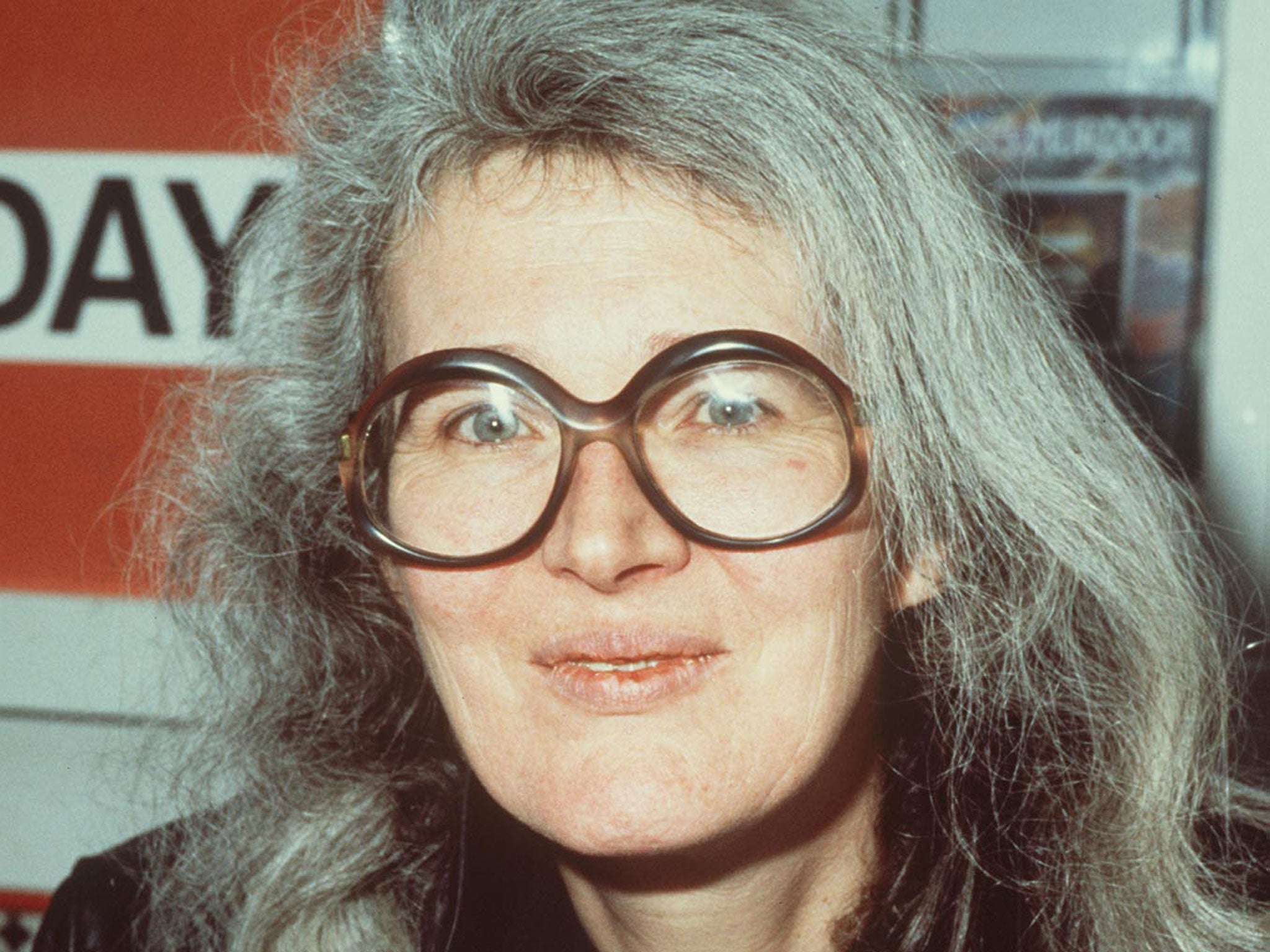Poetry collections: Fireworks, dreams and fabulous beats - in verse
From Unicorn, "The Poetry of Angela Carter", to Lars Gustaffson's excellent Selected Poems

Your support helps us to tell the story
From reproductive rights to climate change to Big Tech, The Independent is on the ground when the story is developing. Whether it's investigating the financials of Elon Musk's pro-Trump PAC or producing our latest documentary, 'The A Word', which shines a light on the American women fighting for reproductive rights, we know how important it is to parse out the facts from the messaging.
At such a critical moment in US history, we need reporters on the ground. Your donation allows us to keep sending journalists to speak to both sides of the story.
The Independent is trusted by Americans across the entire political spectrum. And unlike many other quality news outlets, we choose not to lock Americans out of our reporting and analysis with paywalls. We believe quality journalism should be available to everyone, paid for by those who can afford it.
Your support makes all the difference.In much the same way that every batsman fancies themselves a bowler, and strikers long to be goalkeepers, so many novelists think themselves poets in disguise. Unicorn (Profile, £9.99) suggests Angela Carter was no different. Hard as it tries, the rather grandiose subtitle, "The Poetry of Angela Carter", cannot disguise that she was an occasional versifier at best. Her publishable oeuvre (roughly 14 poems) is easily outweighed by Rosemary Hill's commentaries. The result is like a thin slice of prime beef between two chunky slices of bread. This intermittency is a shame, however. As Carter's short stories suggest, her imagination was often most acute in condensed settings. Her novels' rococo delights are extraordinary, but slightly tiring.
Devotees will feel at home with the plethora of dreams, "fabulous beasts", pantomimes, fireworks and sudden shifts in register. Unicorn's deconstruction of a fairytale ("Let us cut out and assemble our pieces") could be exported from one of Carter's stories. The violent, erotic undertones are funny and unsettling all at once: "SEE THE HORN SEE THE HORN SEE THE HORN/ (running through ripping/the bulging belly of the dark)". The grim (or Grimm) accents ("I have sharp teeth inside my mouth") jostle with earthier tones, reminiscent of Fevvers in Nights at the Circus: "You can put your knickers back on in a minute, dear."
Hill's smart editorial decision to include corrections to "William the Dreamer's Vision of Nature" suggests what a fine ear Carter possessed. Emptily ostentatious allusions like "unlocking/the doors of perception" are crossed out.
Tracey Herd's Not in this World (Bloodaxe, £9.95) would be a worthy winner of the TS Eliot Prize, for which it is shortlisted. "Happy Birthday" must contain this year's saddest lines. The carefully modulated rage, grief and self-recriminations for an aborted foetus bears comparison with Sylvia Plath at her most coolly savage: "You were scraped away like unwanted food./Look at you lying there in your little glass coffin, or is it a snow globe? Were you terribly cold?"
The collection, which is partly inspired by the mental illness of Herd's actress friend Elizabeth Hartman, seems inescapably bleak. There are several mausoleums and a lot of snow, which unite, almost inevitably, in "Cemetery in Snow". But there is more to Herd than closely observed misery. She writes with sensitivity about classic movie stars (Louise Brooks, Olivia de Havilland) and quotes "Chantilly Lace" with defiant approval.
It is remarkable how much comedy, however black, Herd finds in the gloom: "The Case of the Inconvenient Corpse", for instance. In the fabulous "Sheep", a baa resounds "as if one of their dishevelled number had swallowed/a car on its patch of gravel and coughed it back up/as the tyres slip and the ancient engine protests". A strange autobiography can be half-glimpsed, as the poet's "tired eye" numbly identifies with the animals on their desolate landscape: 'They look up at nothing and bend their heads/back down against the driving rain.'
Lars Gustaffson's terse, exacting voice in his excellent Selected Poems (Bloodaxe, £12) did little to lighten the mood, but not in a bad way. Like Herd, he has the eye and ear for the heart-rending everyday object: 'There is so little left./Of dogs for example/Only their collars. Normally sent home in an envelope/along with the bill.' Abstractions rub shoulders with a vivid nature. I advise against reading "In-between days" during "those white, strangely meaningless/days between Christmas and New Year". This elegy for "sulky old Sweden" and his grandparents will have you in tears. More upbeat seasonal fare is enclosed in Faber's anthology The Seasons (Faber, £10.99). Emily Bronte's "Fall, leaves, fall" or Elaine Feinstein's "November Songs" are perfect right now, but not for long. Read them quick before "Frost at Midnight" beckons.
Join our commenting forum
Join thought-provoking conversations, follow other Independent readers and see their replies
Comments